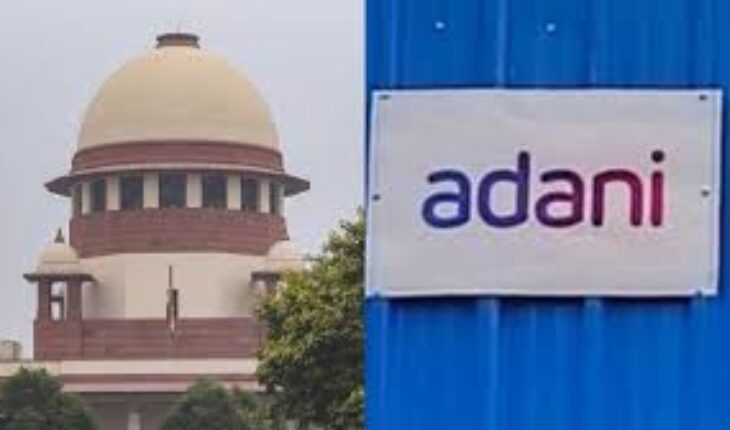The decision by India’s Supreme Court’s to form a committee to investigate possible regulatory failure in the Adani Group’s alleged flouting of norms in the securities market is not easy to welcome unequivocally. While the Court has made it clear that the committee’s constitution will not divest the Securities and Exchange Board of India (SEBI) of its powers and responsibilities, a relevant question is whether a committee headed by a former Supreme Court judge is needed at all. The cause may have been better served if the Court had chosen to monitor SEBI’s inquiry by seeking progress reports and seeking expert help to assess the final outcome. The other aspect of the panel’s work—suggesting measures to strengthen the regulatory framework—could have been left to the legislature. Also, disappointing is that the Court has asked for the panel’s report in a sealed cover, as the fate of similar committees does not inspire confidence in the outcome. The fate of similar committees, the one on Pegasus, for instance, does not inspire confidence about the outcome. The order also asks the committee to identify the causal factors that led to market volatility. However, the severe losses suffered by retail investors following the Hindenburg revelations should not become a red herring to divert attention from the companies’ conduct. Investor protection is one of SEBI’s functions, but it is equally true that no measure can guarantee against market forces reacting sensitively to developments. It may be expedient for the Adani Group and the government to highlight investor losses to put the blame on an alleged plot against the country and its corporate champions by an inimical short-seller, but the Court’s focus should be on SEBI’s conduct and independent functioning, preserving which alone can protect investors from market manipulators.
Was there a need for SC-appointed panel in Adani case ?
Published Date: 11-03-2023 | 12:21 am





